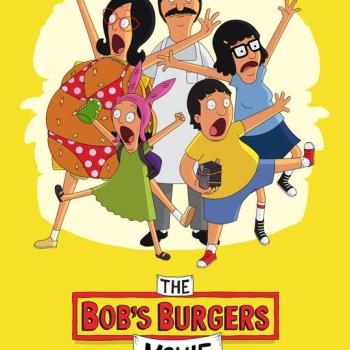Review of Side Effects, Directed by Steven Soderbergh
By KENDRICK KUO
Rating: 7/10
Side Effects has generated a lot of buzz, partly because the director, Steve Soderbergh, has kept his lips sealed about what the movie is about, besides of course that it’s a pharmaceutical thriller; and pre-release viewers have also shown respect in not revealing the plot twists. The buzz is also due to the fact that this may be Soderbergh’s last film for a while (Liberace being released on HBO and not in theaters), as he enters pseudo-retirement to pursue other projects.
I will follow the precedent and not reveal any spoilers. Emily (Mara Rooney) works at an advertising agency in New York as she waits for her husband, Martin (Channing Tatum), to be released from prison, where he is serving a his sentence for insider trading. When Martin is released, Emily is clearly not doing well. She drives her car into parking lot wall in a suicide attempt and ends up in the hospital, where she meets Dr. Jonathan Banks (Jude Law). Emily convinces him to release her from the hospital by promising to meet with him for regular therapy sessions to treat her depression. Initially, Banks prescribes Zoloft, but it doesn’t seem to be working. After Banks consults with Emily’s former psychiatrist (Catherine Zeta-Jones), he tries prescribing different drugs, until Emily requests Ablixa, which was recommended by a friend.
Ablixa has side effects. Ablixa even has its own fictional website (http://www.tryablixa.com). It’s hard to explain what the film is about. You think it’s one thing, and then halfway through, you realize it’s something completely different. Side Effects is a nexus of issues: oversight of psychiatry, the responsibility of the medical profession, the American culture of popping pills to solve our problems, the medical-industrial complex, and pharmaceutical stocks. But don’t think that’s all that there is. The plot unfolds like a Russian doll, revealing another layer with each twist.
As an aside, plot twists delight us because we were created to enjoy them. The Great Plot of Scripture in fact turns on such plot twists. The Creator took on flesh and lived among the created and then in an upset of the entire created order, died–the Creator for the created, the living for the dead, the beautiful for the ugly, the good for the evil. And then another twist. The resurrection and ascension. Incarnation, crucifixion, resurrection, are all twists.
As the plot continues to unfurl, I found it to be increasingly unrealistic and much more of a stretch to imagine it actually happening. The most realistic element of Side Effects is the human’s ability in his or her fallenness to be involved in such deceit that it even baffles audiences. Complementing this is the drive to satiate any appetite, whether it be comfort, revenge, jealousy, or hatred. As bad as the side effects of some drugs may be, the side effects of our sin are much worse, and this film portrays this quite nicely. By the end, none of the characters escape the verdict that they are messed up, and no amount of psychiatry or medication can fix it.
Side Effects is more than a pharmaceutical thriller. It’s a deeply human thriller that exposes the heart–a place where pills cannot reach.












